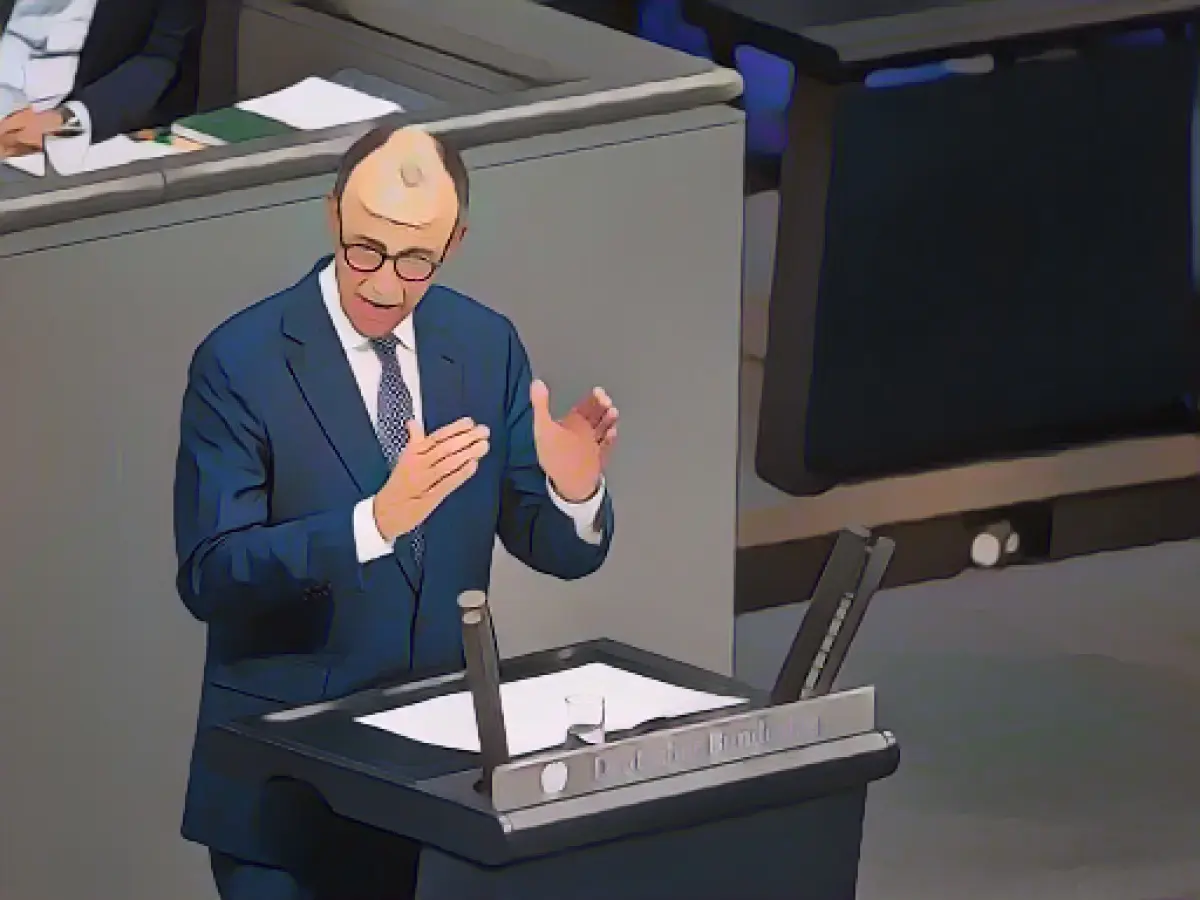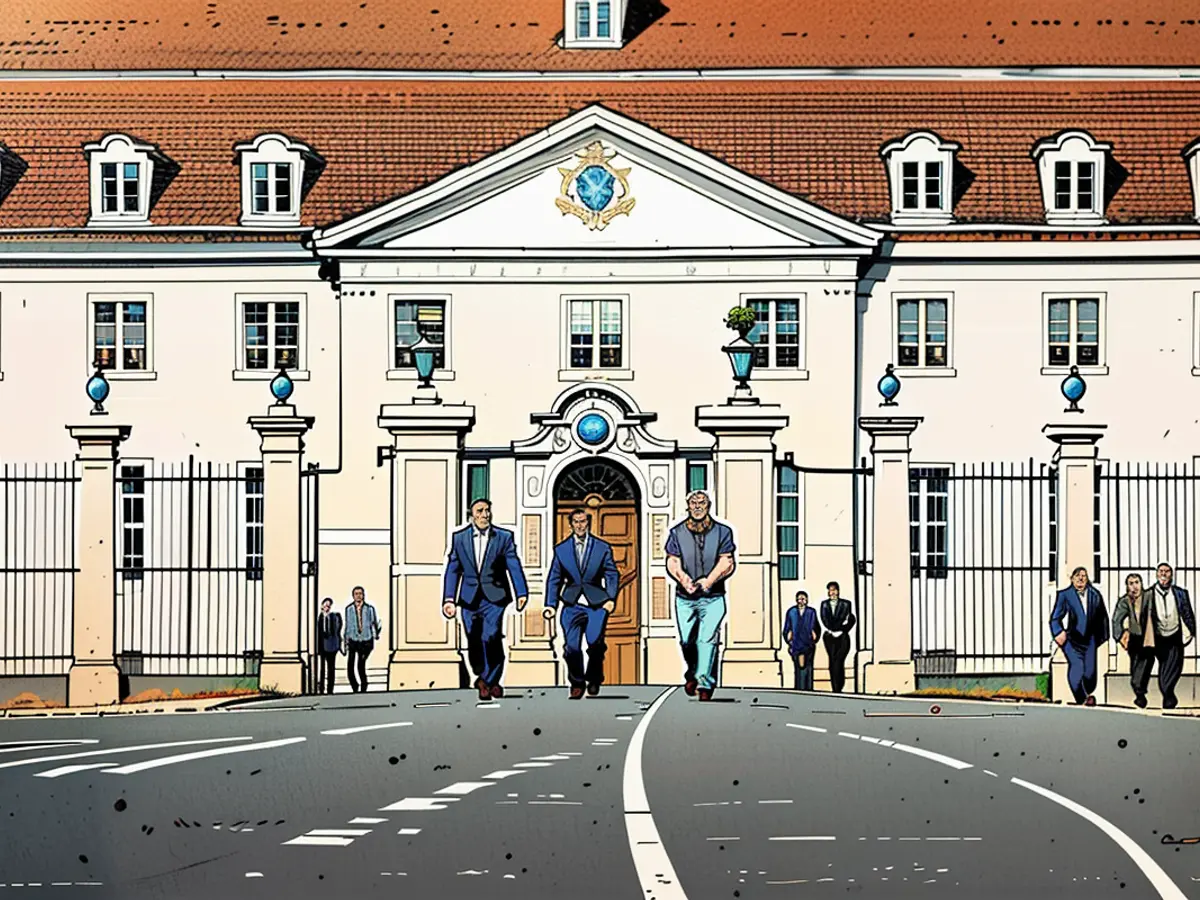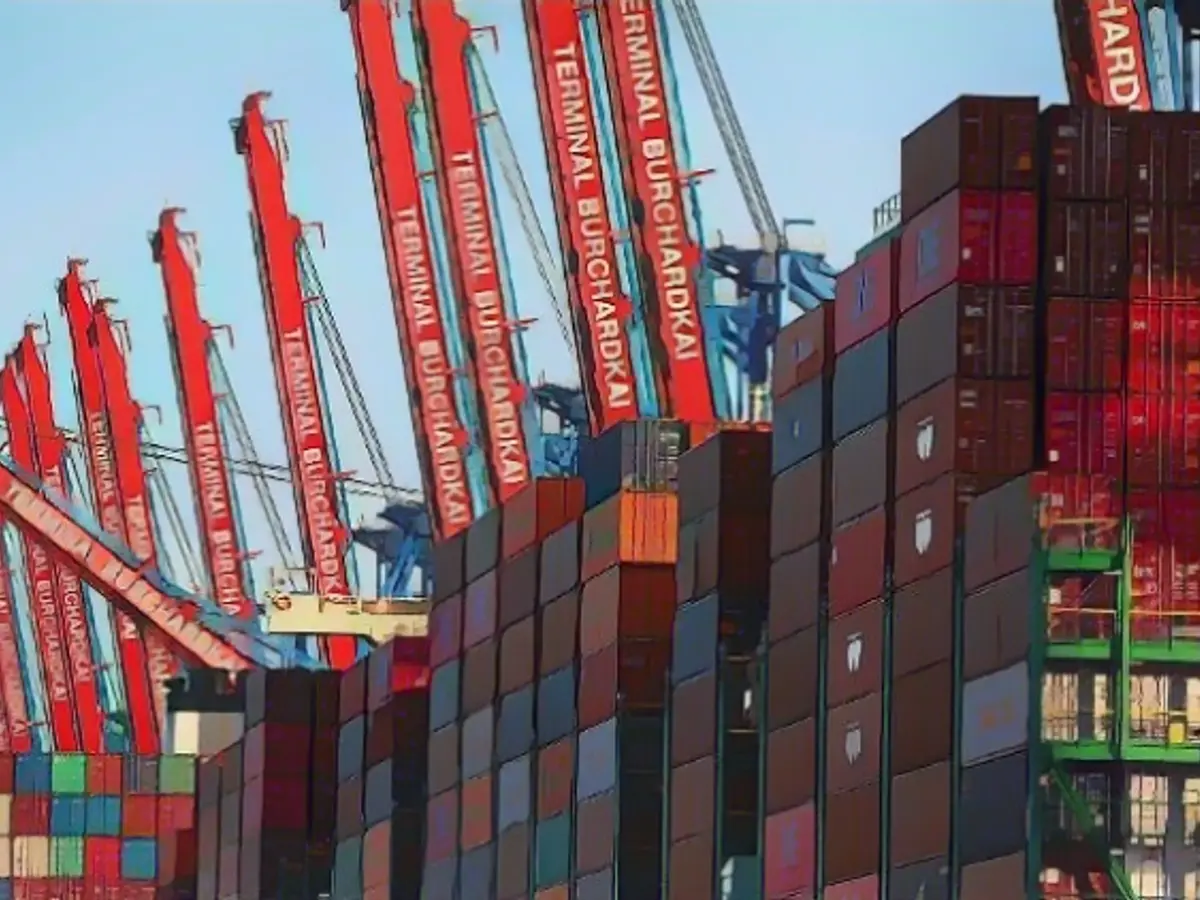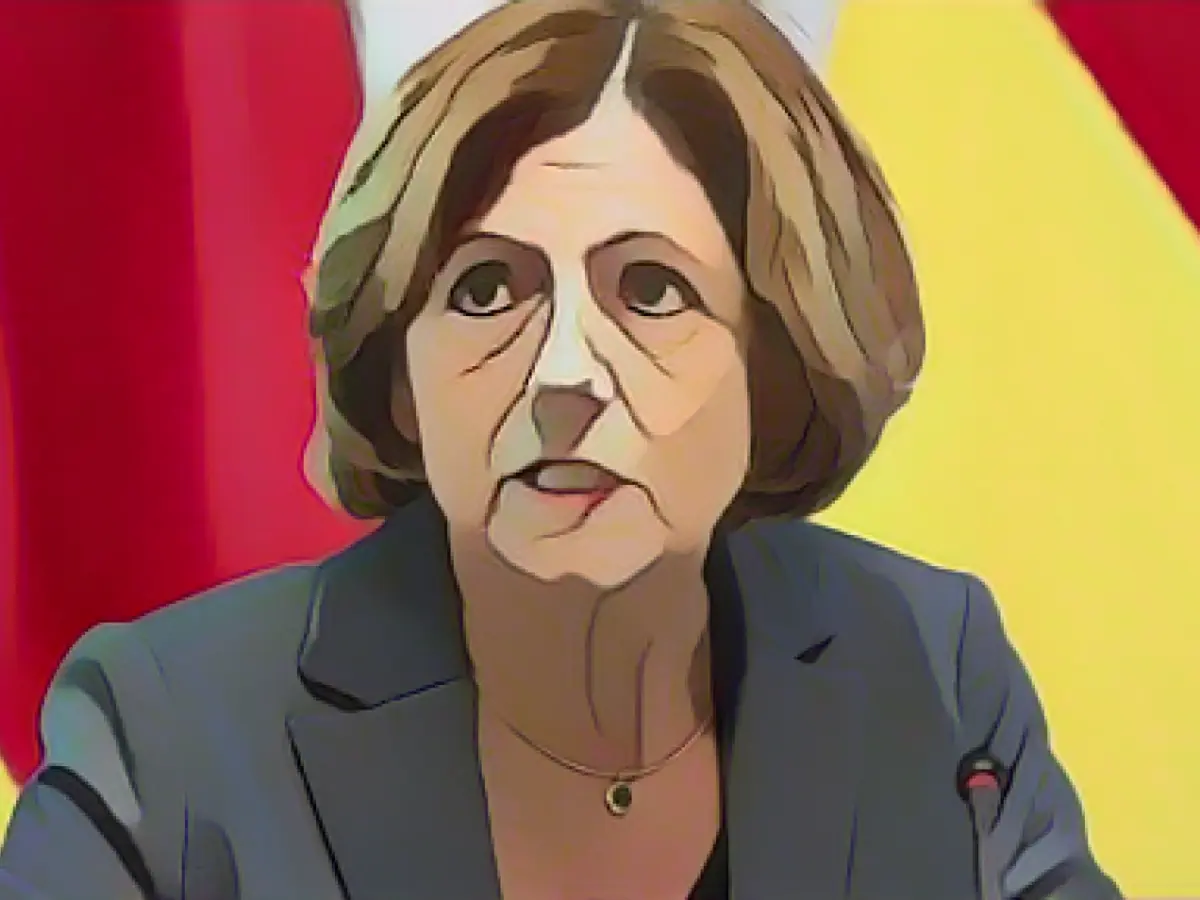Charting a Course Out of the Budget Quagmire - Habeck Lays Out Climate Protection Plans
The Federal Constitutional Court's recent decision on the budget leaves Germany in a precarious financial situation. Despite the ruling, Green Party's Federal Economics Minister Robert Habeck remains committed to the federal government's agenda for climate protection and investment.
On the other hand, CDU party chairman Friedrich Merz advocates for austerity measures such as waiving basic child insurance, the heating law, and increasing the citizen's income, stating that "not everything is possible anymore."
Habeck insists on finding a resolution in a measured and focused manner, away from the public eye. He defends the government's decision to refrain from invoking a state of emergency for 2023 regarding the debt brake, asserting that the decision was a collective one from the coalition of SPD, Greens, and FDP.
Saving a Sinking Ship
Last week, the Federal Constitutional Court invalidated the reallocation of 60 billion euros in the 2021 budget, originally earmarked for climate protection and economic modernization. The court ruled that the state may not reserve emergency loans for future years. As a result, billions of euros for future projects are at risk. The impact on the regular budget remains unclear, prompting the Finance Ministry to block certain commitments for future years in the budget as a precautionary measure.
Addressing the budget crisis requires creative solutions, including potential changes to the Basic Law or the functioning of the debt brake. However, raising the necessary billions for climate protection and economic stabilization funds through savings or higher revenue alone is seen as unrealistic.
Finding Common Ground
North Rhine-Westphalian Minister for Economic Affairs Mona Neubaur, representing the Greens, advocates for cross-party collaboration to resolve this crisis, expressing, "Now is the time to work together in alliances across party lines." She believes that an extraordinary conference of federal and state economics ministers could be an effective step towards finding a resolution.
The CDU/CSU and FDP, champions of the debt brake, face challenges in relaxing the policy to accommodate the budget crisis. Merz believes that the debt brake cannot be approached at the moment and rejects the notion of increased taxes, stating that Germany is already a high-tax country. The FDP deputy leader shares Merz's view, emphasizing the need for a comprehensive discussion on what can and cannot be financed.
Insights:
As Germany confronts a challenging budget situation, several political proposals and financial strategies are gaining traction. Key considerations include relaxing the debt brake, internal financing and external funding, creating a climate and transformation fund, prioritizing public investments in key sectors, and promoting sustainable finance and green investments.
However, public sentiment plays a crucial role in shaping Germany's response to the budget crisis. While most Germans express support for increased public funding in crucial areas like education, transport, health, and defense, there is less enthusiasm for boosting investments in climate and environment protection and social security.
Navigating the budget crisis requires a delicate balance between climate protection ambitions and financial stabilization. Combining various strategies, including relaxing the debt brake, leveraging internal and external financing, and focusing on public investments in key sectors could help Germany chart a course out of the budget quagmire.







